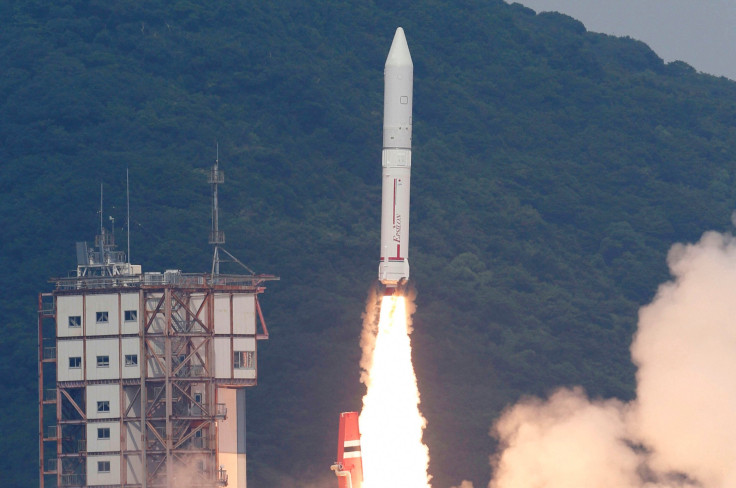Japan Launches Cheaper Epsilon Rocket Carrying Telescope For Remotely Observing Planets

Japan’s Epsilon-1 rocket -- the first in a new generation of space rockets and the country’s first rocket in 12 years -- lifted off on Saturday and placed a space telescope in orbit as planned, according to the Japan Aerospace Exploration Agency, or JAXA.
The rocket, costing $37 million, about one-half as much as its predecessor, was launched at the Uchinoura Space Center in Kagoshima Prefecture in southern Japan at 2 p.m. local time, the space agency said.
The rocket, 24 meters in height and 90 tons in weight, placed the Spectroscopic Planet Observatory for Recognition of Interaction of Atmosphere, or SPRINT-A, into its orbit about an hour after the launch. The telescope will be used to observe planets including Venus, Mars and Jupiter from its Earth orbit, the Asahi Shimbun reported.
“The launch vehicle flew smoothly, and, at about 61 minutes and 39 seconds after liftoff, the separation of the SPRINT-A was confirmed,” JAXA said. “The satellite is currently in good health.”
An earlier attempt on Aug. 27 to launch the rocket was aborted seconds before liftoff as the computer controlling the launch detected a glitch in the rocket’s posture, according to the Asahi Shimbun.
The rocket, employing artificial intelligence to check for errors, was cheaper compared with its predecessor, the M-5, in terms of production as well as launch.
The control center engaged in launching the rocket was staffed by only eight people, versus the roughly 150 who normally work during launches of Japan’s mainstream H2-A rocket.
The launch is expected to move Japan closer to becoming a major power in the international satellite-launch industry.
© Copyright IBTimes 2024. All rights reserved.












